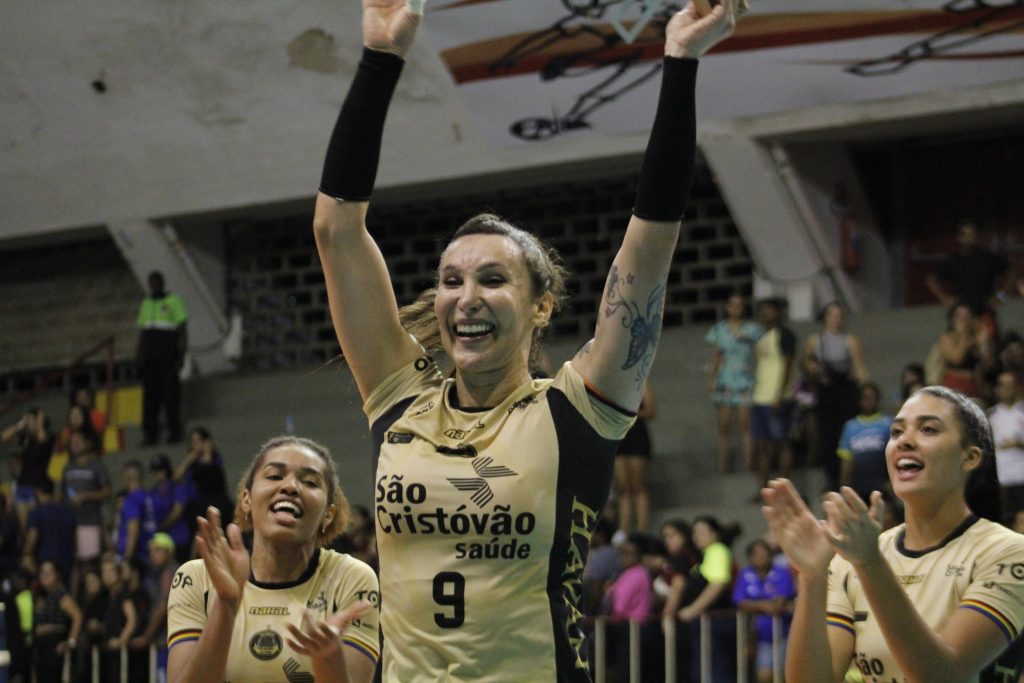The Brazilian Volleyball Federation (CBV) disclosed the eligibility policy for transgender players in national competitions.

The CBV publishes its policy for transgender players to compete in national volleyball competitions. The governing body of volleyball in Brazil followed the rules adopted by the International Olympic Committee (IOC). At the end of 2021, the highest entity of Olympic sports determined that the eligibility decisions would be in charge of the international federations, considering that each sport has its specific characteristics. Also, complying with the decision of the International Volleyball Federation (FIVB) that national volleyball entities would define their own policies, the CBV prepared the new guidelines through its Health Council.
CBV stressed that it became the first sports federation in Brazil to adopt an internal policy to promote gender equity and value diversity that guaranteed the inclusion of transgender athletes with the security of clear and transparent indicators. The CBV policy is based on recommendations from the International Federation of Sports Medicine (FIMS), the highest body of sports medicine.
“Athletes who reassign themselves to female are required to declare their gender identity as female, without having changed that declaration for a minimum period of four years. In addition, it’s necessary to demonstrate that their total serum testosterone level was less than 5 nmol/L for 12 consecutive months, remaining that way throughout the eligibility period,” CBV stated.
Volleyball players who reassign themselves from female to male are eligible to compete in the male category. In both cases, the responsibility for controlling and reporting to anti-doping control entities about hormone use rests with the players themselves. So that all athletes can adapt, the CBV policy for transgender athletes in national competitions will take effect 12 months after its publication, including competitions already underway on the effective date.
This means, that a simple self-certification will suffice for transgender athletes to compete in Superliga soon, after which it’s expected that more players will join Tifanny Abreu (who underwent a sex change in 2014 and started playing as a woman in 2017), the most famous transgender volleyball player in Brazil, in volleyball competitions there.